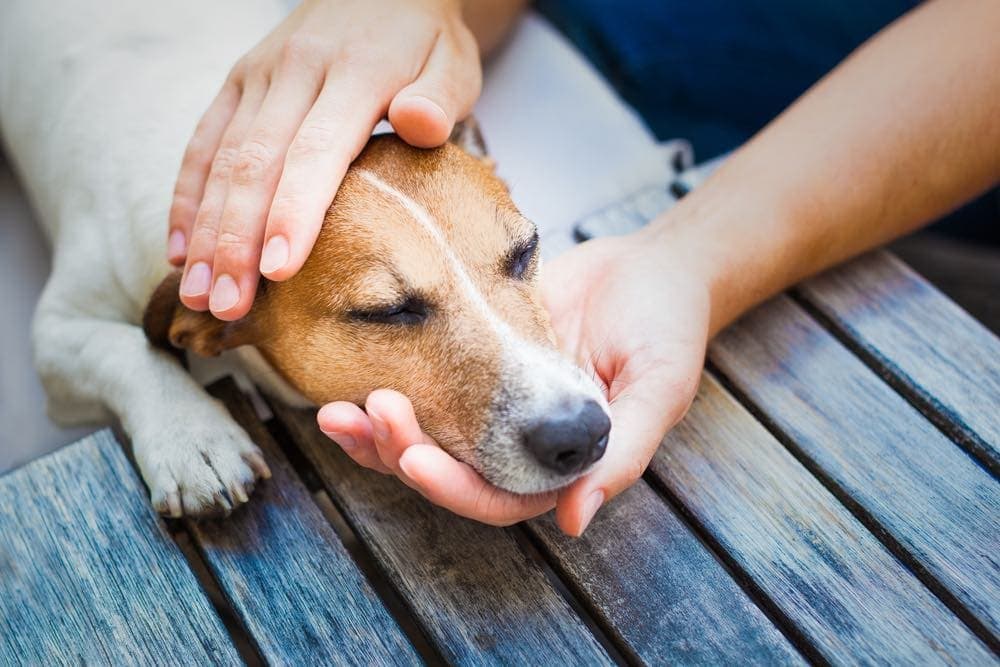The short answer is yes, in small amounts. Lemons in general, or large quantities of lemon water, can cause digestive or vomiting problems.
You might be curious about the safety of giving lemon water to dogs and whether there are any advantages.
We’ll cover everything you need to know about giving your dog lemon water in this article, including the benefits and drawbacks, how much to give them, and any possible side effects.
The Similarities and Differences Between Dogs and People

You might be surprised to learn that dogs and people have more in common than you might realize. The fact remains that 84 percent of our DNA is shared by dogs. Genes, after all, are merely ingredients. They come together to form an individual, a Golden Retriever, or a mouse. There are significant differences between you and your pet despite the fact that we may enjoy similar foods like steak and chicken.
Because of this, many foods that you can eat, such as garlic and onions, are poisonous to dogs. A lot of the issues rest with digestibility. An ingredient may be metabolized by you in a way that your dog cannot. Absence of that crucial enzyme may tip the scales against you. An example is lactose intolerance. Some people experience gastrointestinal (GI) distress as a result of their body’s lack of the lactase enzyme, which is required to break down milk sugar.
Let’s delve into what makes lemons harmful to your pet.
We’d be surprised if your dog even wanted to drink lemon water. It’s not pleasant, especially if it’s not sweetened. That is a red flag for both people and canines. Making it sweet isn’t an option, especially with an artificial sweetener like xylitol. On the other hand, dogs eat a lot of stinky and unappetizing things, anyway. The taste may not be a formidable enough barrier to him, giving it a try.
There is also the acidity, which anyone who has ever experienced acid reflux can undoubtedly understand. Like you, it can cause your dog’s stomach to rip apart. He’ll feel as miserable as you do.
However, the story doesn’t end there.
Lemons contain two chemicals that are toxic to your pup and can cause serious health consequences. Psoralens is a term that refers collectively to 5-methoxsalen and 8-methoxsalen. They have therapeutic value for humans for the treatment of psoriasis. For dogs and other animals, not so much. It’s another example of that 16-percent difference between humans and dogs coming into play.

The compound’s capacity to increase photosensitivity provides the human benefit. Since some skin conditions in people can be treated with UV light, it has value in those situations. Dogs don’t benefit from it in the same ways, and it is toxic to dogs. Lemon water can cause a host of unwanted symptoms, including:
Ingesting lemon water is also potentially fatal.
The other problematic ingredient is limonene. While psoralens are present throughout the lemon tree, the former is primarily found in the peel. It’s what makes lemons smell like, well, lemons. Its typical concentration makes its toxicity more of a problem even in small amounts, which compounds the problems.
You’d think that the smell and taste of lemons would deter dogs. It does. However, that doesn’t stop irresponsible pet owners from giving their pets this ingredient for what they sell as amusing reactions. We think it’s nothing short of cruel.
Lemon toxicity from drinking water containing this citrus fruit can only be treated with time and support. Eventually, your dog’s body will rid itself of this poison. You must watch out for him in the interim to prevent dehydration from diarrhea and vomiting. These symptoms are a telltale sign of poisoning because of their sudden onset. Health conditions often develop slowly.
We implore you to take your dog to the veterinarian if the digestive reactions become excessive. To avoid the complications of dehydration, which will only make matters worse, he might require IV fluids. If you’re dealing with a puppy or a toy breed, it is an urgent matter.

Is Lemon Water Bad for Dogs?
Most dogs dislike the sour taste of lemon water, so even if you give it to them, they won’t drink it. Although lemon water is healthy for humans, you shouldn’t give it to dogs. There is a chance that if you put lemon water in your dog’s water bowl, they won’t drink it and become dehydrated.
Most dogs shouldn’t be given any lemon water. This is due to the fact that it will almost certainly aggravate its stomach and the rest of its gastrointestinal system.

Lemon juice can be toxic if consumed in excess by dogs. Fortunately, the majority of dogs detest the flavor of lemon and will avoid this food.
The reason lemons are toxic to dogs if eaten in more significant amounts is that they contain psoralens and essential oil. If your dog has lemon poisoning, some potential symptoms include:
So Should Dogs Eat Lemons?
The quick answer is no. Dogs do not eat lemons in nature. They should not be fed lemons simply for entertainment, either.
Even though you might find it amusing to give your dog some lemon to see how they react, they won’t enjoy it and it could hurt your dog.
But adding a little lemon juice to your dog’s water bowl could benefit them in a number of ways.